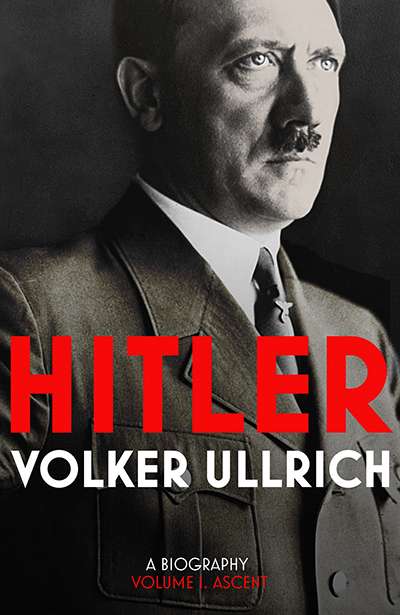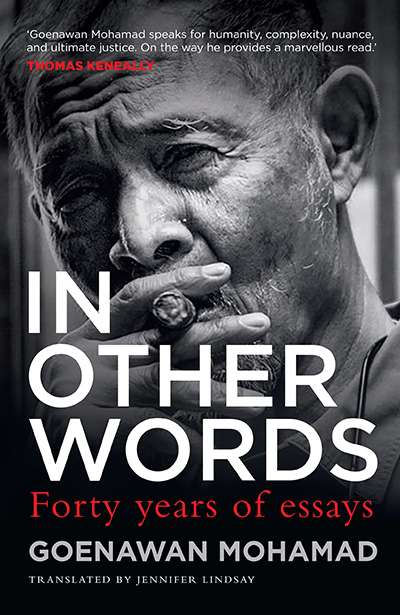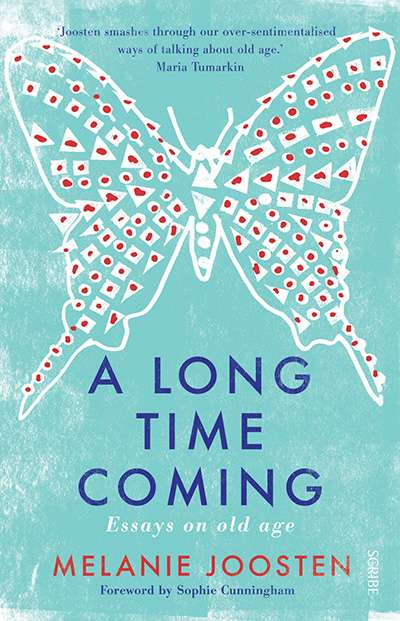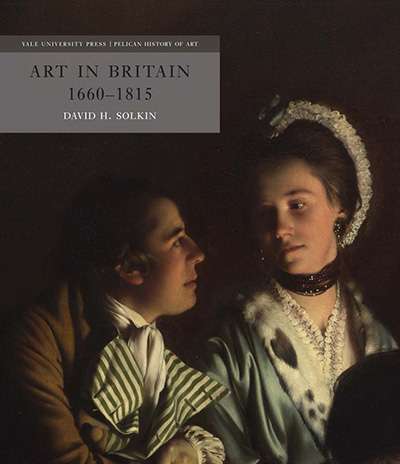Non Fiction
Phillip Schuler: The remarkable life of one of Australia’s greatest war correspondents by Mark Baker
by Kevin Foster •
Hitler: A Biography: Volume I: Ascent, 1889–1939 by Volker Ullrich, translated by Jefferson Chase
by Miriam Cosic •
East West Street: On the Origins of Genocide and Crimes against Humanity by Philippe Sands
by Neil Kaplan •
Australia: :A German traveller in the age of gold by Friedrich Gerstäcker
by Christopher Menz •
The House That Jack Built: Jack Mundey, Green Bans hero by James Colman
by Dennis Altman •
The Australian National Dictionary: Second Edition edited by Bruce Moore
by Kate Burridge •
In other words: Forty years of essays by Goenawan Mohamad, translated by Jennifer Lindsay
by Satendra Nandan •
A Long Time Coming: Essays on old age by Melanie Joosten
by Patrick Allington •















